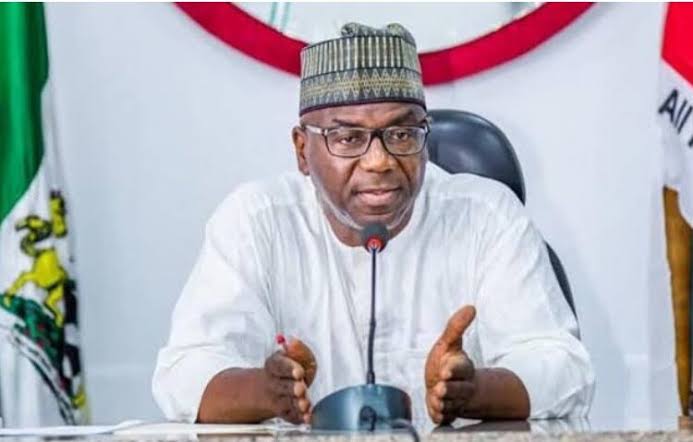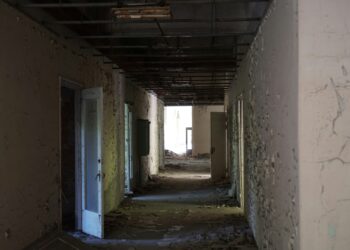The Kwara State Government recently announced that it had screened over 102,452 residents for hypertension and blood sugar levels in a statewide health intervention. While this might sound like a commendable feat, it raises questions about whether this is just another PR stunt or a genuine attempt to address Nigeria’s ever-growing health crises.
This massive screening effort, part of the so-called Project 10 Million, was rolled out across all 16 local government areas of Kwara State. The government proudly tagged the program’s success, even showering praise on the residents for their participation. The usual Nigerian hustle-and-bustle, where the citizens are caught up dealing with inflation, unemployment, and insecurity, might have influenced their willingness to comply, more out of necessity than trust in the system.

Dr. Amina El-Imam, the Commissioner for Health, hailed the project as a significant achievement during a media briefing in Ilorin. According to her, the campaign, which ran from October 28 to November 10, 2024, would not have been possible without the support of various stakeholders. She listed a parade of contributors: state officials, local government heads, religious leaders, market leaders, and even the World Health Organization (WHO). It seems everyone had a hand in this success story—except, the average Nigerian who remains on the receiving end of such “well-intentioned” government efforts.
El-Imam expressed her gratitude to the Executive Governor of Kwara State, AbdulRahman AbdulRazaq, for his support, claiming it made Kwara one of the top-performing states in implementing this project nationwide.
She pointed out that this is one of the largest health interventions targeting adults across gender in the state. El-Imam also advised residents to continue monitoring their blood pressure and sugar levels to help reduce the country’s high mortality rates. Of course, this call to action sounds noble, but without accessible and affordable healthcare services, how feasible it is for average Nigerians to consistently manage their health conditions.
This screening exercise might appear to be a positive step toward improving public health, but the deeper issues within Nigeria’s healthcare system such as lack of facilities, inadequate funding, and poor accessibility are still glaringly unresolved. It’s easy for officials to celebrate these milestones publicly, however, the reality for many citizens dealing with limited access to healthcare services paints a different picture.
Without addressing these core problems, this initiative risks being just another box-ticking exercise that does little to solve the health challenges affecting the country.

















